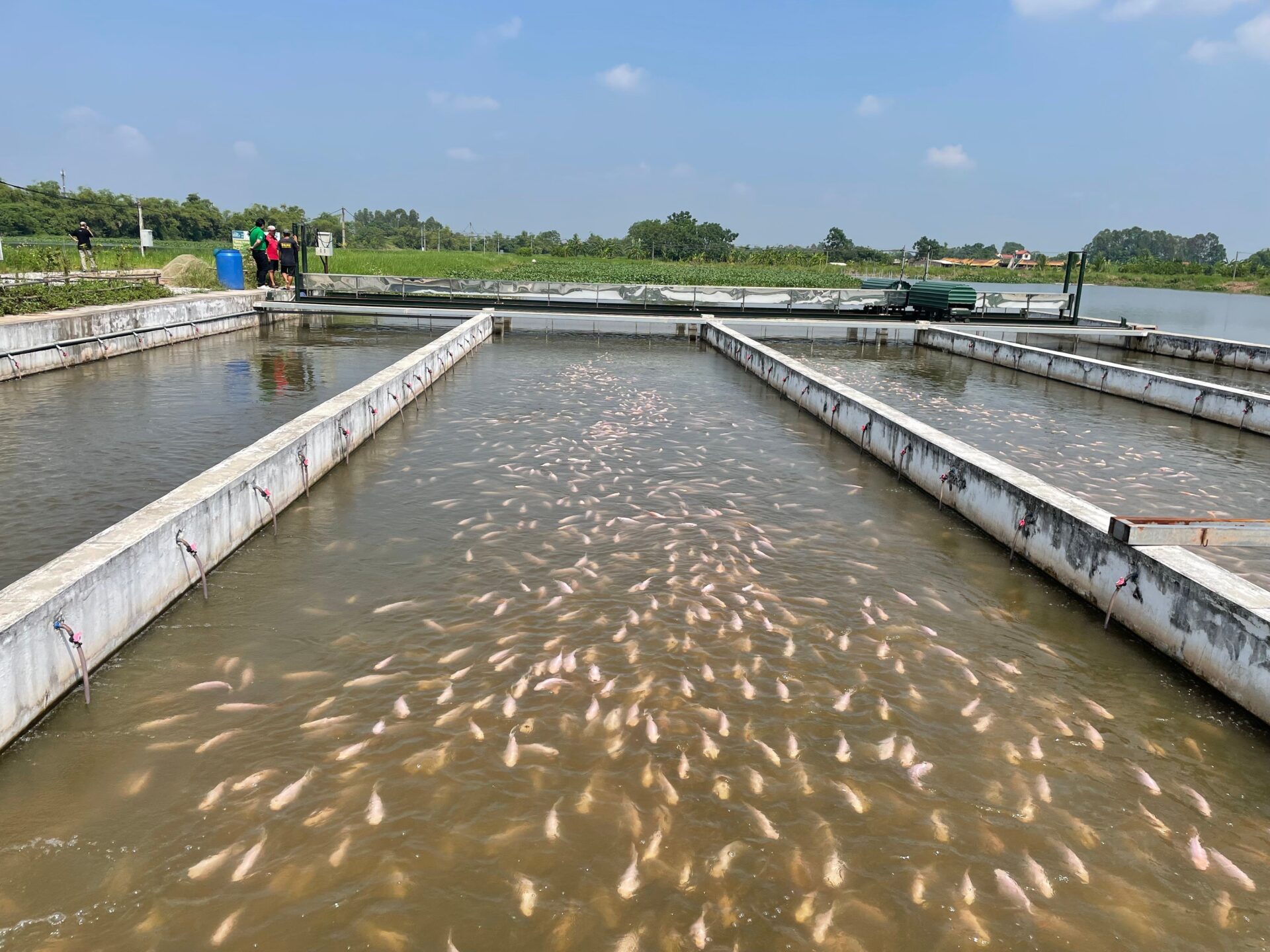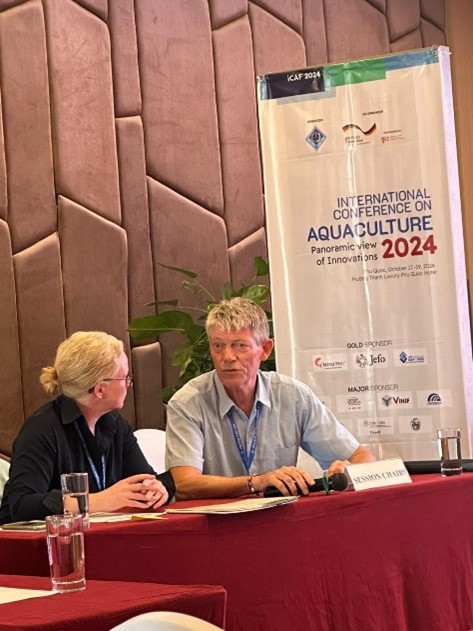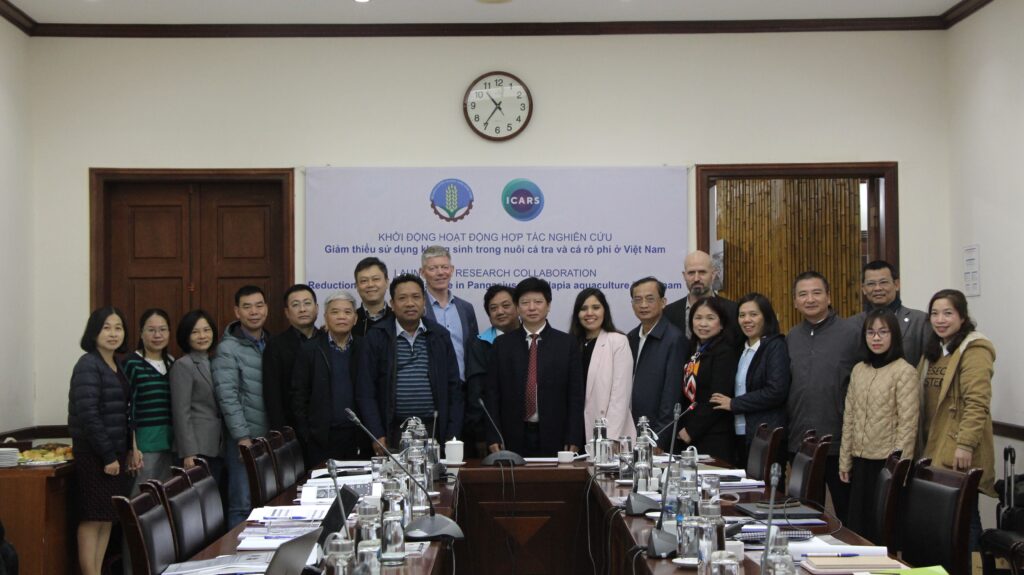Reduction of antimicrobial use in Pangasius and Tilapia aquaculture in Vietnam
Context
Antimicrobial resistance (AMR) remains a public health threat globally. Besides, Southeast Asia is a hotspot for antimicrobial usage (AMU) and AMR. Vietnam has the highest rates of penicillin resistance (71.4%) and erythromycin resistance (92.1%) in Asia, and multi-drug-resistant infections cause thousands of deaths annually. AMR is generally driven by the irrational use of antimicrobials at all levels of the health care system, in aquaculture and livestock production and in the community. Approximately 70% of drugs used for animals and aquatic animals in Vietnam are antimicrobials; monitoring of both livestock and aquaculture has shown that many antimicrobials critical for human health are used by farms. In recent years, the Vietnamese government has issued strict regulations for antimicrobial use in aquaculture, but there are studies showing that some aquaculture farms are still using banned antibiotics. Overuse of antimicrobials in agriculture, substandard drug quality, inadequate AMR surveillance, low public awareness, and inadequate regulation have been associated with an increase in AMR rates in Vietnam.
Problem
This project addresses the critical issue of antimicrobial overuse in Vietnamese aquaculture specifically in the farming of Pangasius and Tilapia. These fish are crucial for both domestic consumption and exports but face significant challenges due to bacterial diseases that impact fish health, survival rates, and productivity. Currently, many aquaculture farmers rely heavily on antibiotics, often without proper guidance or diagnostic testing, leading to issues such as antimicrobial resistance (AMR), environmental pollution, and potential health risks for consumers.
This project aims to implement targeted interventions, including vaccination for Pangasius and the In-Pond Raceway System (IPRS) for Tilapia. These interventions are designed to reduce the reliance on antimicrobials by preventing disease through improved practices. By evaluating the effectiveness, feasibility, and economic viability of these interventions, the project will help develop sustainable, low-antibiotic aquaculture practices, ensuring safer and more resilient fish farming in Vietnam. Additionally, policy recommendations will be formulated to promote widespread adoption of these methods, ultimately aiming to mitigate AMR and enhance the overall sustainability of the aquaculture sector.
Project overview
This project aims to support Vietnam in developing sustainable aquaculture for Pangasius and Tilapia by reducing antibiotic use in fish farming. Through coordinated efforts with local stakeholders, the project will implement four key work packages:
- Assess current practices and knowledge related to Antimicrobial Use (AMU) and Antimicrobial Resistance (AMR) in Pangasius and Tilapia farming.
- Promote vaccination for Pangasius and the In-Pond Raceway System (IPRS) for Tilapia to decrease disease incidence and reliance on antibiotics.
- Develop policy and regulatory recommendations to further reduce AMU and AMR.
- Facilitate communication and dissemination of results to promote broader adoption of sustainable practices across Vietnam’s aquaculture sector.
Outcomes
The project offers targeted solutions to reduce antimicrobial use (AMU) in Vietnam’s aquaculture sector. First, it will assess current practices in Pangasius and Tilapia farming to establish a basis for feasible, farm-specific interventions. Solutions include testing the effectiveness and economic viability of two primary interventions: a licensed vaccine for Pangasius to combat E. ictaluri and A. hydrophila and the In-Pond Raceway System (IPRS) for Tilapia to improve disease control. By focusing on these interventions, the project aims to document reductions in antibiotic reliance. Policy and regulatory recommendations will be developed to support adoption, with an emphasis on scaling these practices nationwide for sustainable aquaculture.
Gallery
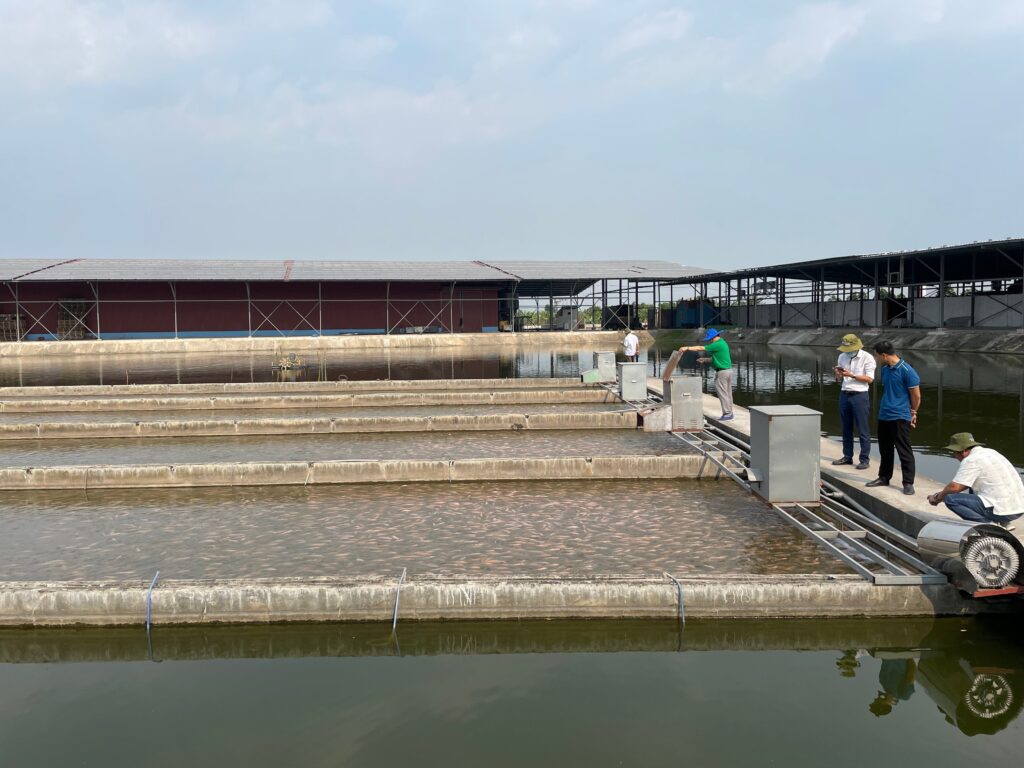
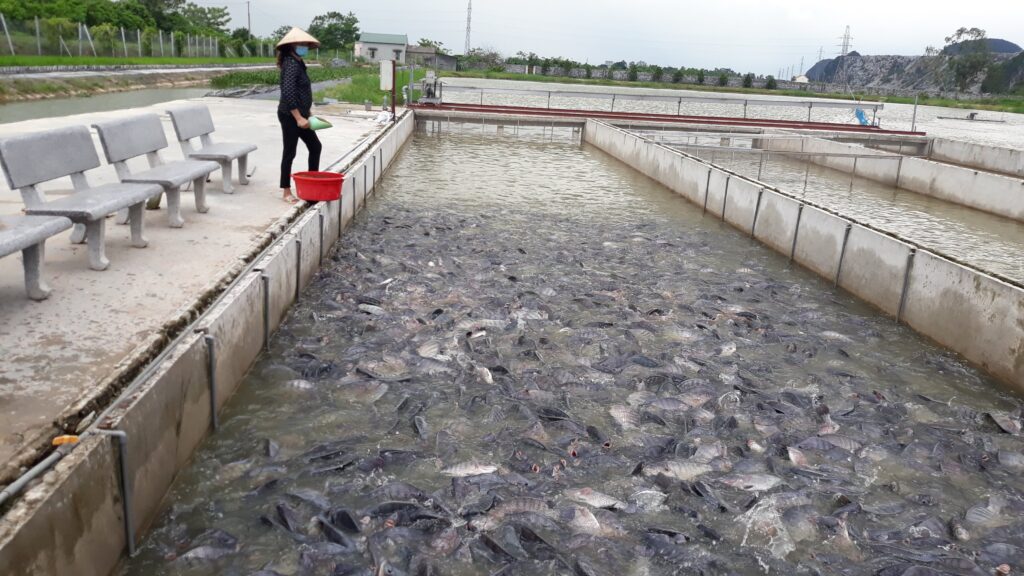
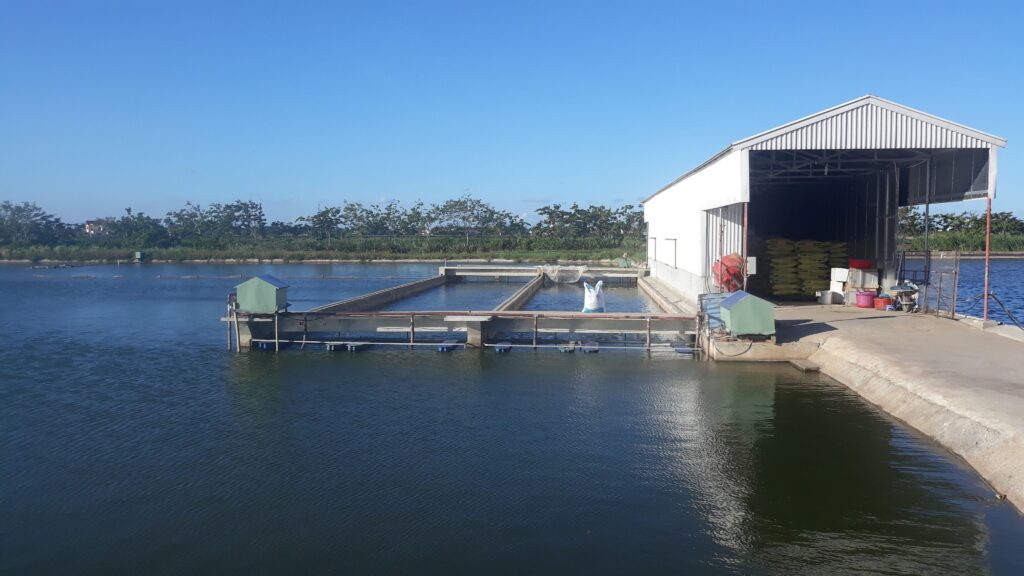
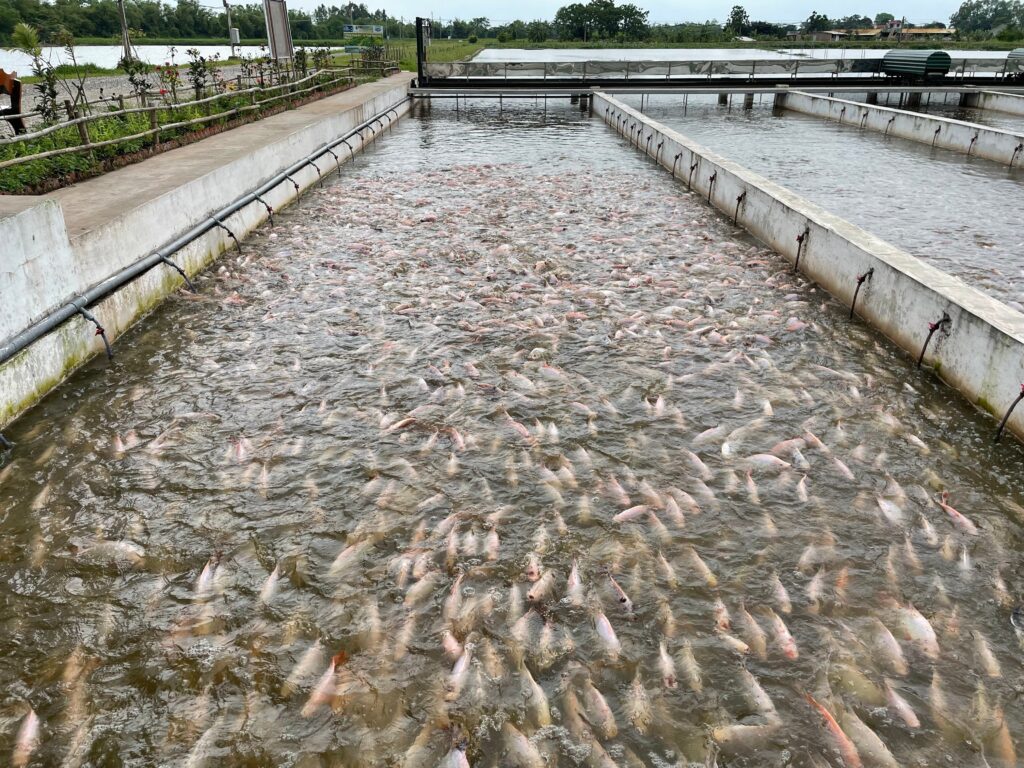
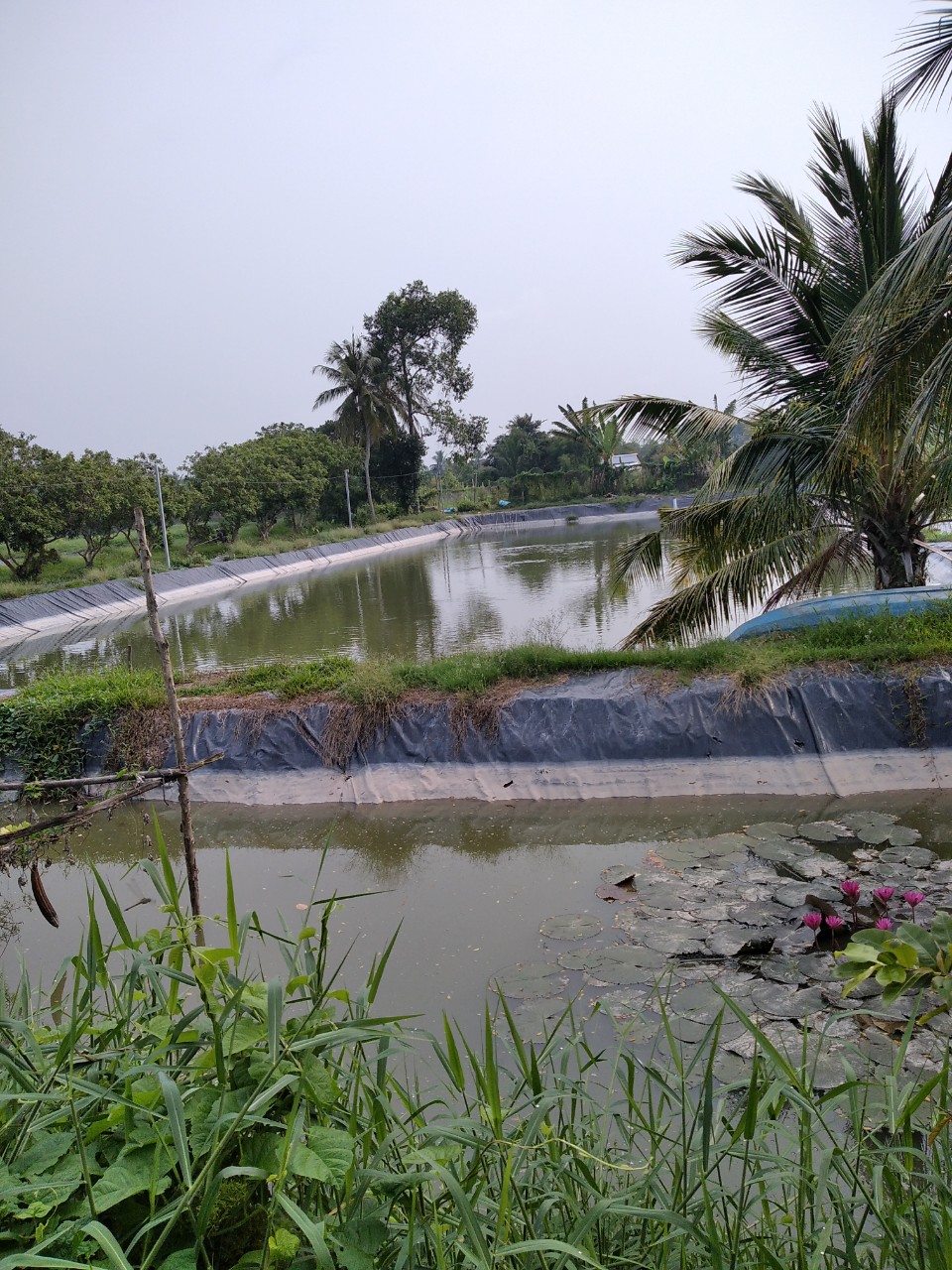
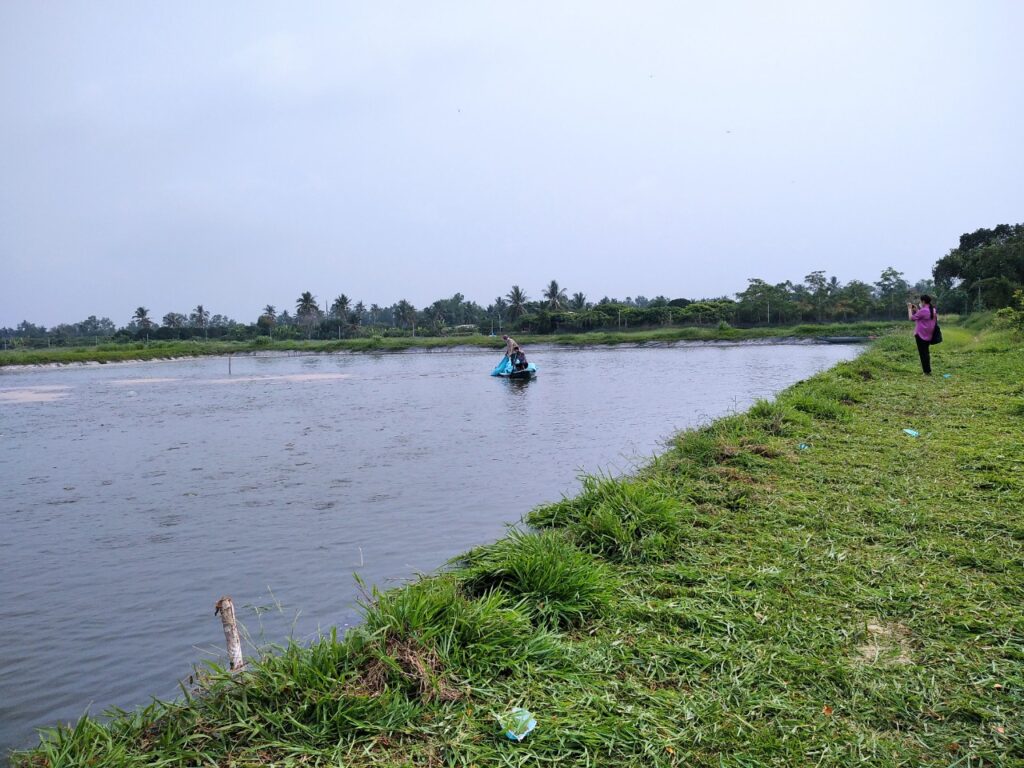
Facts
Region: South-East Asia
Sector: Terrestrial and Aquatic Animals
Country: Vietnam
Type: Project
Country partners: Department of Animal Health (DAH), Ministry of Agriculture and Rural Development (MARD); Research Institute for Aquaculture No. 1 (RIA No. 1) - Centre for Environment and Disease Monitoring in Aquaculture; Can Tho University (CTU) - College of Aquaculture and Fisheries; Research Institute for Aquaculture No. 2 (RIA No. 2) - Southern Monitoring Center for Aquaculture Environment and Epidemics; Information Center for Agriculture and Rural Development (ICARD); Pharmaq part of Zoetis Vietnam Ltd; Godaco Seafood
Timescale: 1st Feb 2023 – 31st Jan 2026
ICARS funding: 631,050 USD
ICARS team


Resources
Share
Share this project on socials

